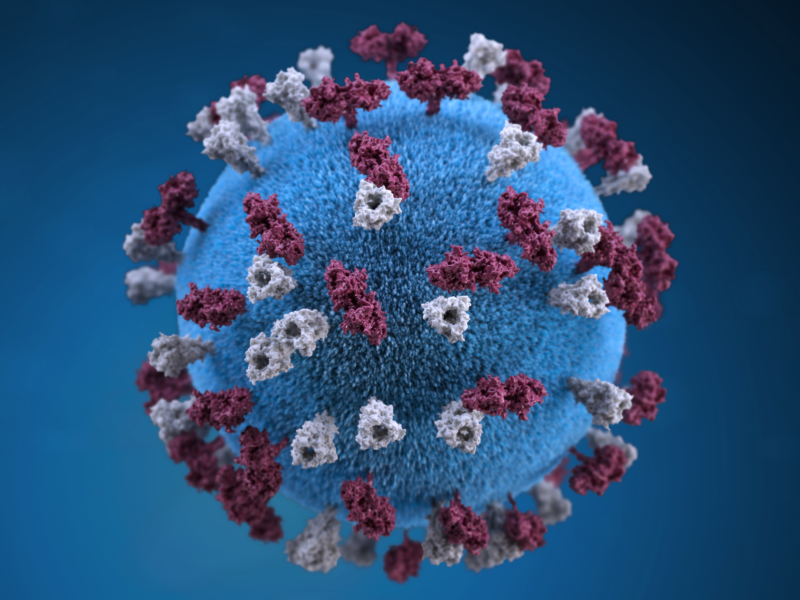The World Health Organization (WHO) has recorded 1,644 laboratory-confirmed cases and at least 590 deaths of Middle East respiratory syndrome coronavirus (MERS-CoV) in 26 countries since its identification in September 2012 [6]. The virus appears to primarily circulate in Saudi Arabia, as the country’s ministry of health has been notified of 1,326 confirmed cases (20 cases under care and 747 recovered) and 559 deaths since 2012 [1]. Around April of 2013 and 2014, the country has encountered sudden increases in the number of MERS patients and it was not clear why the spikes in cases occurred [7]. Even though the pattern did not apply during the same period in 2015, there was a hospital-based outbreak in Riyadh, Saudi Arabia in June through August of 2015 that resulted in 130 patients becoming infected and 51 of which resulted in death [8]. As of 2016, new MERS-CoV clusters are confirmed on a daily basis in Saudi Arabia, confirming approximately 34 cases and 8 deaths [1]. Close contact with confirmed/suspected cases and exposure to camels are often defined as the probable sources of infection for those clusters.
Although MERS-CoV case counts continue to rise slowly but steadily, no specific treatment is currently available.
A group of researchers at Naval Medical Research Center in Maryland, lead by LtCdr. Gabriel Defang, has used bioengineered cows to produce a large quantity of human polyclonal antibodies that have effectively protected lab mice from MERS-CoV virus infection. The researchers introduced two experimental vaccines against the virus, one of which was SAB-301 [4]. They administered SAB-301 to cows whose immunoglobulin genes – that produce antibodies – have been replaced with an artificial chromosome carrying the human immunoglobulin genes. The genetically modified cows developed a robust immune response, and produced large quantities of human polyclonal antibodies against MERS [2]. A single dose of SAB-301 also effectively protected lab mice from the virus either 12 hours before or 24 and 48 hours after MERS-CoV infection. The finding could be a crucial step toward the search for prevention and treatment of the disease. Currently, Defang’s team are taking steps to initiate phase I studies in humans [2,3].
Meanwhile, the Walter Reed Army Institute of Research (WRAIR), GeneOne Life Science Inc., and Inovio Pharmaceuticals, has begun to test their version of MERS vaccine on seventy-five participants in Maryland [5]. This is the first vaccine candidate to be tested in humans. In early 2015, GeneOne and Inovio Pharmaceuticals' DNA-based vaccine for MERS, GLS-5300, proved to be capable of protecting mice, camels, and monkeys from the virus. The vaccine completely freed all vaccinated lab monkeys in the study from MERS symptoms when the animals were challenged with a live MERS virus. Observing the impact of the large scale MERS outbreak in South Korean and its increasing threat to military operations, the WRAIR pledged to advance promising MERS vaccine candidates into human trials and took the opportunity to test GLS-5300 at its Clinical Trials Center [9].
References:
- Saudi Arabia's Ministry of Health. March 7, 2016 http://www.moh.gov.sa/en/CCC/PressReleases/Pages/statistics-2016-03-07-001.aspx
- Costandi, Moheb. Neutralizing MERS-CoV through human genes in cows. Nature Middle East. Feb 28, 2016. http://www.natureasia.com/en/nmiddleeast/article/10.1038/nmiddleeast.2016.20
- Luke, T., et al. Human polyclonal immunoglobulin G from transchromosomic bovines inhibits MERS-CoV in vivo. Sci. Trans. Med. 2016 http://stm.sciencemag.org/content/8/326/326ra21
- Frey, K. G., et al. Full-Genome Sequence of Human Betacoronavirus 2c Jordan-N3/2012 after Serial Passage in Mammalian Cells. Genome Announc. 2014 http://genomea.asm.org/content/2/3/e00324-14
- First-in-man trial of MERS vaccine begins. Medical Express. Feb 17, 2016 http://medicalxpress.com/news/2016-02-first-in-man-trial-mers-vaccine.html
- Middle East respiratory syndrome coronavirus (MERS-CoV) – Saudi Arabia. World Health Organization. Feb 29, 2016 http://www.who.int/csr/don/29-february-2016-mers-saudi-arabia/en/
- Lakhani, Leone. Saudi officials see spike in MERS coronavirus cases. CNN. April 22, 2014 http://www.cnn.com/2014/04/21/health/mers-coronavirus-saudi-arabia/index.html
- Wappes, Jim. Saudi Arabia confirms MERS case as report details 2015 outbreak. Center for Infectious Disease Research and Policy. Feb 19, 2016 http://www.cidrap.umn.edu/news-perspective/2016/02/saudi-arabia-confirms-mers-case-report-details-2015-outbreak
- GeneOne Life Science and the Walter Reed Army Institute of Research Partner to Develop MERS Vaccine. GlobeNewswire. November 10, 2015 http://www.globenewswire.com/news-release/2015/11/19/788811/0/en/GeneOne-Life-Science-and-Inovio-Pharmaceuticals-MERS-Vaccine-Approved-for-First-in-Human-Study.html

